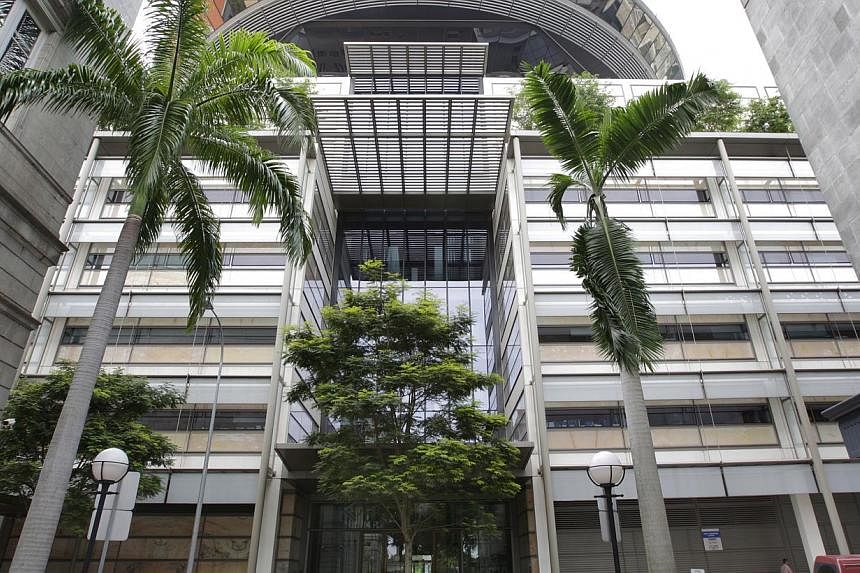The Attorney-General's Chambers (AGC) is looking at ways to speed up court cases involving abused foreign workers, including maids, as some wait several months or even years before their complaints are dealt with in court.
It is also exploring how to help more foreign maids get compensation for the losses they incur after they stop work because of abuse.
Chief Prosecutor Tai Wei Shyong told The Sunday Times that Attorney-General V.K. Rajah has formed an internal working group to focus on improving court processes involving abused foreign workers.
It will work closely with enforcement agencies and others involved, such as embassies and hospitals, to secure medical reports and witness statements more quickly. Where appropriate, it will try to persuade the courts to fix early hearing dates.
"Expediting these processes would be particularly relevant to foreign workers who are unable to secure alternative employment while awaiting the outcome of the criminal justice process," said Mr Tai.
He was responding to questions from The Sunday Times about maids who report abuse, then end up waiting for the cases to be investigated and dealt with. They stay in shelters while waiting, but some give up, drop their complaints and go home.
Mr Tai said the time needed for each complaint to be concluded varies, depending on the complexity of the case and factors such as the availability of witnesses and the need for medical reports and other evidence.
If a person is charged with a criminal offence, the trial process takes time too, and the accused person must be allowed to consider his position and prepare to defend himself if he denies doing wrong.
It also takes time to obtain and share relevant documents, and to get the cooperation of willing witnesses. Defence lawyers often make representations and when these are not acceded to, finding convenient trial dates for everyone involved can prove problematic sometimes.
"That said, the AGC accepts that like other processes, these can be further improved," said Mr Tai, adding that the new working group will look into these issues with a view to dealing with all cases expeditiously so justice can be served.
"If there are specific cases where there has been a delay in bringing the matter to court, the victim or any other person affected should bring this to the attention of the relevant authorities," he said.
On compensation for abused maids whose tormentors are convicted, Mr Tai explained that the compensation regime under the criminal justice process is usually used only when a victim claims out-of-pocket expenses which the accused person does not dispute were caused by his offence, and the accused person does not dispute the amount.
But Mr Tai said the AGC is studying how to expand the use of compensation orders, to help more maids obtain compensation for losses resulting from a criminal offence committed against them.

